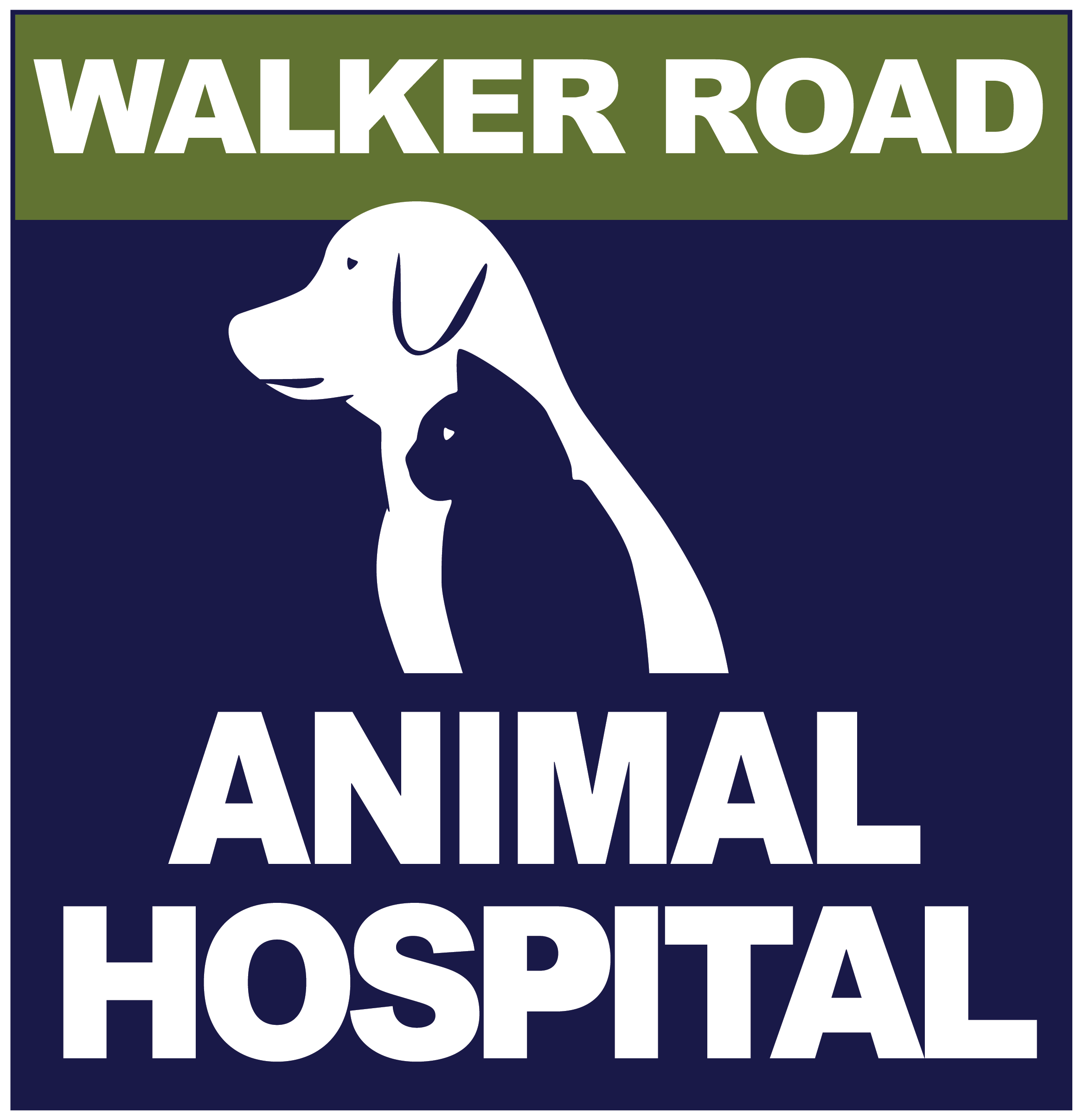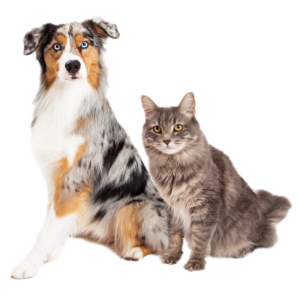Unfortunately, it seems that fad diets aren’t just for humans anymore.
Many dog owners are bombarded by messages from certain pet food brands advocating for grain free diets as a way to tackle allergies and weight gain. However, compounding research illustrates a strong correlation between grain-free diets and canine heart disease such as dilated cardiomyopathy.
Why are grain free diets popular?
Clever marketing campaigns suggest that grain free diets reduce food allergies such as gastrointestinal (GI) upsets and itchy skin issues. These messages claim that carbohydrates, like grain, are a common source of food allergies in dogs. However, research in the veterinary medical field reveals that only a small percentage of dogs may have sensitivities to grains. In fact, the vast majority of food allergies are linked to common proteins like beef and poultry.
Another popular misconception is that grain free diets may help pets shed those unwanted pounds. The high protein and low carb craze is popular among humans, with diets such as the keto diet getting a turn in the limelight. However, grain free pet foods may be lower in carbohydrates, but higher in fat and calories. That’s why grain free diets don’t guarantee weight-control or weight-loss. Also, manufacturers may substitute grains like wheat, oats, or rice with non-grain carbohydrates like potatoes, carrots, cranberries, sweet potatoes, lentils, chickpeas, beans, or peas. Regardless of the source, carbs are carbs and calories are calories.
Unfortunately, these alternative carbohydrates provide less fibre than grains and may precipitate GI issues. The fiber in grains aids in elimination and also contributes important nutrients to the diet. Iron, thiamine, calcium, riboflavin, folate, and niacin are all in grain. Grain free diets may result in a deficiency of these essential nutrients.
Grain free diets and dilated cardiomyopathy (DCM)
Here’s another reason why you may want to avoid feeding your dog a grain free diet.
An investigation into the link between grain free diets and dilated cardiomyopathy (DCM) began in 2018. Over the past year, the FDA has been actively researching the increase in reports of DCM in dogs of breeds that are not genetically predisposed to DCM, but who were fed grain free diets.
In a statement released by the FDA on June 27, 2019, it is noted that:
“Between January 1, 2014 and April 30, 2019, the FDA received 524 reports of DCM (515 canine reports, 9 feline reports). Approximately 222 of these were reported between December 1, 2018 and April 30, 2019 (219 canine reports, 3 feline reports). Some of these reports involved more than one affected animal from the same household.”
Growing evidence from over 500 reported cases of DCM points to the potential correlation of DCM in dogs on grain-free diets. In addition, the FDA has released the dog food brands with the highest reported incidences of DCM. The top three brands include Acana (67 reported cases), Zignature (64 reported cases), and Taste of the Wild (53 reported cases).
Dilated Cardiomyopathy refers to cardiac disease characterized by the enlargement of the heart, which thereby hinders the heart’s ability to properly pump blood throughout the body. Common symptoms include: tiring easily, coughing, and difficulty breathing.
I’ve been feeding my dog a grain free diet – what should I know?
If you’ve been feeding your dog a grain free diet, we recommend having an open discussion with your veterinarian to help further investigate the long term health and well being of your dog. With the guidance of your veterinarian, you’ll discover veterinary approved diets that are proven to help resolve allergies and weight gain. If your veterinarian suspects cardiac issues with your pet, you may want to discuss diagnostic tools, such as an echocardiogram.
If you’re noticing any signs that your pet might be sick, especially signs of respiratory distress (difficulty breathing), or lack of consciousness, make your way to the nearest emergency animal hospital or call us at 519-972-9000.




